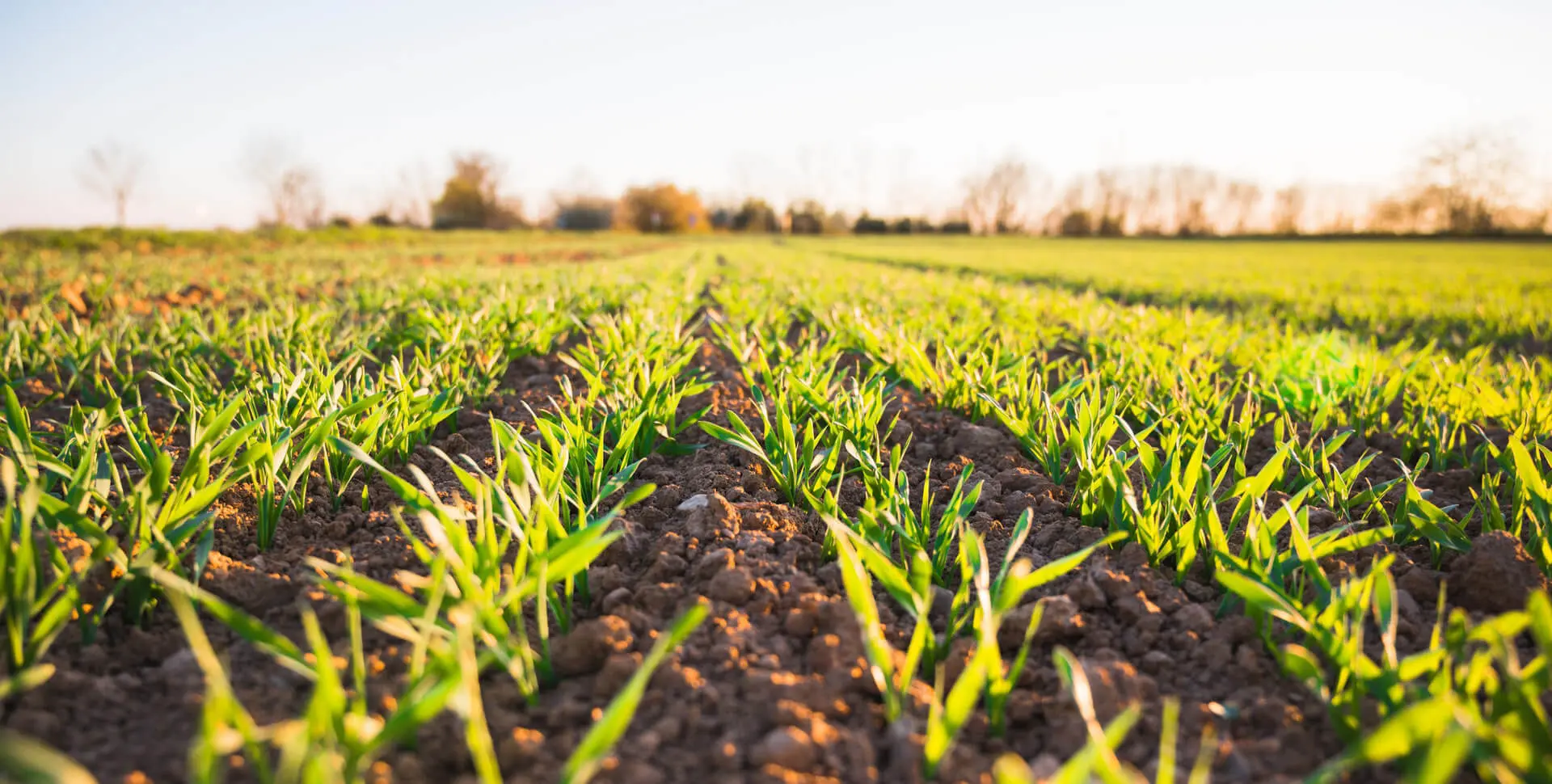
Improving Soil Quality with Agricultural Machinery May, 19, 2024
With the continuous advancement of agricultural technology, agricultural machinery is playing an increasingly important role in soil improvement. By scientifically and reasonably utilizing agricultural machinery, not only can soil quality be enhanced, but crop growth can also be promoted, achieving sustainable development in agriculture. This article will explore the methods and significance of using agricultural machinery for soil improvement.
- The application of agricultural machinery in soil improvement mainly includes operations such as deep plowing, loosening soil, and tilling. Deep plowing can break soil compaction, increase soil aeration and permeability, and provide a better growth environment for crop roots. Loosening soil further refines soil particles, enhances soil water retention capacity, and nutrient utilization efficiency. Tilling can bring harmful factors such as weeds and pests in the soil to the surface, reducing their impact on crop growth through exposure and decomposition.
Deep Plowing: Deep plowing is typically performed using large tractors with plows to till the soil to a depth of 30-40 centimeters. It is usually done after crop harvesting or before sowing, followed by leveling the soil promptly to prevent soil compaction.
Rotary Tilling: Soil is tilled using a rotary tiller machine, which breaks up the soil, improves its fineness, enhances soil granular structure, and increases water and nutrient retention capacity. The depth of rotary tilling is generally 10-20 centimeters.
Compaction: Soil compaction is carried out using a compactor machine, which increases soil density, promotes contact between soil and seeds or seedlings, facilitating seed germination and seedling growth. The soil density after compaction should be around 60%-70%.

Agricultural machinery can further improve soil improvement through precise fertilization and irrigation. Modern agricultural machinery enables precise fertilization, adjusting fertilizer types and quantities based on crop requirements and soil nutrient conditions, thereby increasing fertilizer utilization and reducing nutrient loss. Additionally, precise irrigation can be achieved based on crop growth stages and soil moisture conditions, ensuring adequate water supply for normal crop growth.
Agricultural machinery also plays a role in preventing soil degradation. Regular deep plowing, loosening soil, and other operations can effectively prevent soil compaction and nutrient loss, maintaining soil structure stability and fertility levels. Furthermore, agricultural machinery can be combined with biological and chemical control methods to reduce the damage of pests and diseases to the soil, protecting soil ecological environment.
Agricultural machinery can also complement other soil improvement measures, such as adding organic materials and adjusting soil pH, to further enhance soil quality. By comprehensively utilizing various agricultural machinery and soil improvement techniques, soil fertility can be comprehensively improved, promoting crop growth and achieving sustainable development in agriculture.
However, it’s important to recognize that the application of agricultural machinery in soil improvement should adhere to scientific and rational principles. Excessive use of agricultural machinery may lead to soil structure degradation and nutrient imbalance. Therefore, it’s necessary to select and configure agricultural machinery reasonably based on soil types and crop requirements. Additionally, training and managing agricultural machinery operators should be strengthened to improve their operational skills and environmental awareness, ensuring the effective application of agricultural machinery in soil improvement.